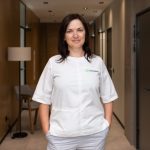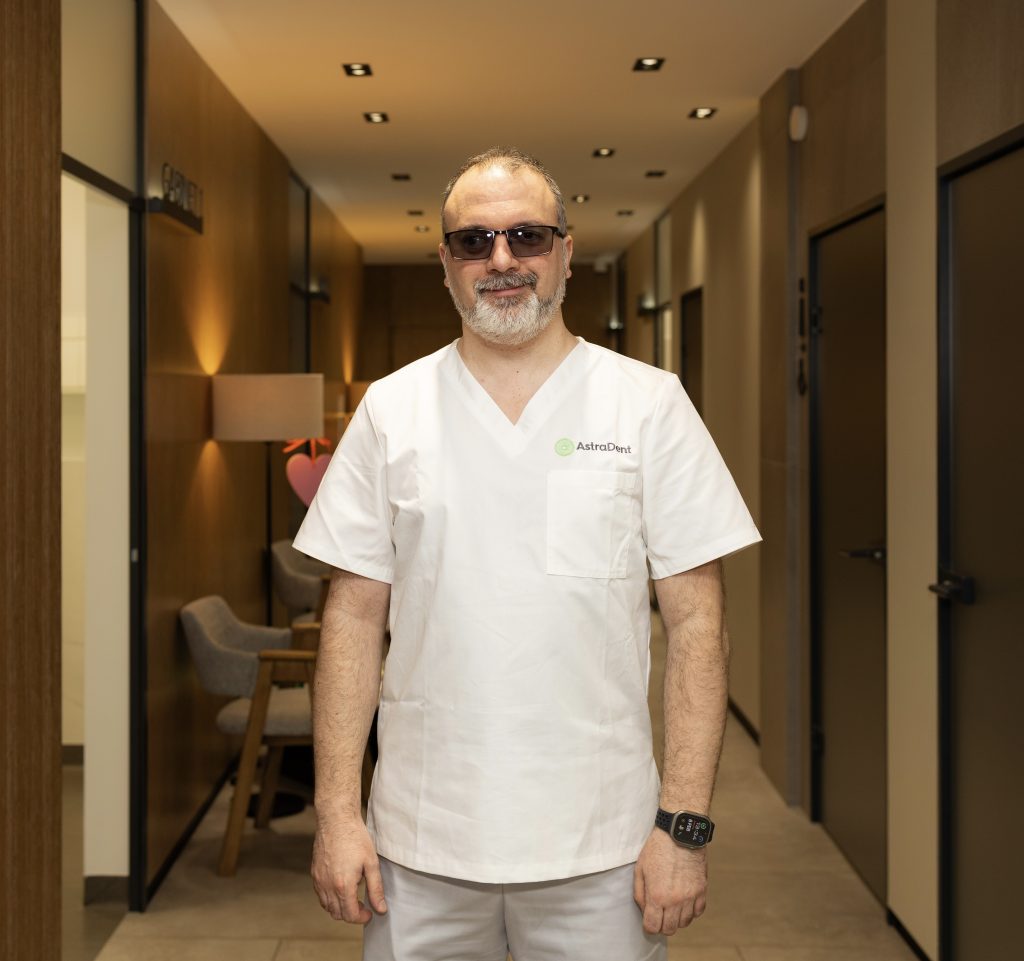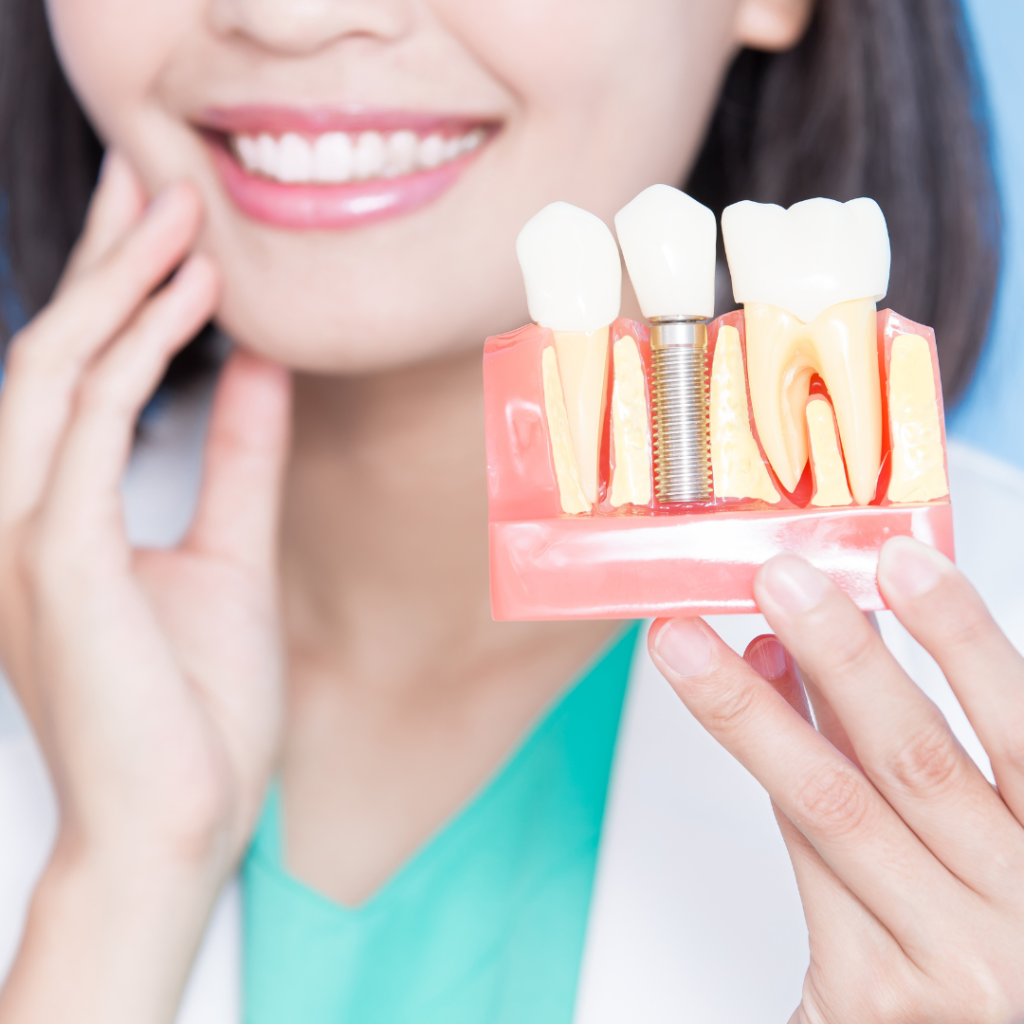Bruxism – How to Stop Teeth Grinding and Maintain Jaw Health
Bruxism is involuntary grinding or clenching of the teeth, which occurs mostly during sleep, but sometimes during the day. It is accompanied by excessive stress on the chewing muscles, overwork of the jaw joints and rapid wear of the enamel, which over time leads to hypersensitivity of the teeth, cracks, destruction of fillings and orthopedic structures. Teeth grinding while sleeping is often considered an unpleasant habit, but it is a real pathology that leads to a violation of the bite, headaches and chronic pain in the chewing muscles, problems with the cervical spine.
According to statistics, up to 23% of adults suffer from bruxism, and in many cases the symptoms remain unnoticed for years. Most often, the problem manifests itself in people who are under stress, have emotional tension or are prone to neurotic reactions. Patients with sleep disorders, gastroesophageal reflux disease (GERD) and occlusion pathologies are at risk. Early detection of bruxism allows you to avoid complex reconstructive measures, and timely treatment allows you to preserve the functionality of the teeth.
Why do patients treat bruxism at Astra Dent Warsaw?
Uncontrolled clenching and grinding of the teeth leads to enamel abrasion, overload of the masticatory muscles and pain in the jaw joints. Bruxism remains unnoticed until hypersensitivity, headache, clicking in the jaw, cracks in the teeth appear. Timely intervention protects teeth from destruction and preserves the full functioning of the maxillofacial system.
Advantages of bruxism treatment at Astra Dent:
- Comprehensive diagnostics: dentist + gnathologist + orthodontist. The patient is simultaneously examined by specialists of various profiles to identify all factors that provoke grinding. Diagnostics includes bite analysis, joint function assessment, 3D visualization and functional tests.
- Making individual mouthguards. A personalized night mouthguard for bruxism is used, which is made according to a digital impression of the jaws. It is precisely adjusted to the shape of the teeth and ensures the correct distribution of the load.
- The ability to treat the causes of bruxism, not just the symptoms. Doctors develop an individual therapy plan, which includes: working with the bite, physiotherapy for muscles, orthodontic treatment.
- Caring for a long-term result. After eliminating the main causes, the team of doctors monitors the dynamics: conduct repeated examinations, adjust the mouthguards, and, if necessary, adjust the treatment plan.
A systematic approach guarantees protection of teeth, gums and joints from further destruction. Bruxism treatment at Astra Dent is selected individually for each patient to ensure a stable and predictable result.
Causes of bruxism
Teeth grinding is a multifactorial disorder that is provoked by local (jaw) and systemic factors. The success of treatment depends on identifying and eliminating all triggers, which may include:
- Stress and psychological tension. Emotional stress activates facial muscles even during sleep, which leads to jaw clenching and grinding. Therefore, bruxism is often found in people with chronic anxiety, depression, and increased nervous excitability.
- Malocclusion. Uneven distribution of load on the teeth forces the muscles and joints to compensate for the imbalance. In this case, the patient may not feel discomfort until serious complications appear.
- Sleep problems, neurology. Some disorders – sleep apnea, reflex muscle contractions – can activate the jaw muscles. In such cases, bruxism is accompanied by frequent awakenings, a feeling of fatigue in the morning, and headaches.
- Heredity. The presence of bruxism in the family significantly increases the likelihood of the disorder. Scientific data show that genetically determined forms often manifest themselves in childhood, so it is important to conduct preventive examinations and observations in a timely manner.
Identifying a specific cause allows us to choose not symptomatic, but complex treatment, for example, a combination of a mouth guard, bite correction and work with a neurologist or psychologist.
Symptoms of bruxism
Symptoms of unconscious cases of grinding or clenching of teeth during sleep or wakefulness appear gradually. If the first signs are ignored, the pathology becomes chronic, threatening damage to the teeth, jaw joints and even the spine:
- Grumbling of teeth while sleeping. It is often noticed by partners, since the patient is not aware of what is happening at night.
- Headaches in the morning. They appear due to overstrain of the chewing muscles and compression of the temporomandibular joint.
- Jaw pain, muscle overstrain. Usually worsens when opening the mouth, chewing, talking or after sleep.
- Abrasion of enamel, cracks on the teeth. Due to constant pressure and friction, the surface of the teeth becomes thinner, microcracks appear.
- Worn fillings or crowns. Due to excessive loads, orthopedic structures quickly lose their shape and functionality.
It is important to notice the symptoms in time and consult a doctor, as early diagnosis prevents serious complications.
What is dangerous about bruxism?
The consequences of teeth grinding are not limited to superficial damage. If the problem is not solved, it triggers a chain reaction — from local changes in the enamel to functional disorders in the maxillofacial system:
- Destruction of teeth. Constant pressure and friction lead to abrasion of the enamel, the appearance of cracks, chips, loosening of the teeth and loss of their integrity.
- Damage to the gums and joints. Overloading the dento-mandibular apparatus causes gum injury, inflammation of the tissues, and also loads the temporomandibular joint.
- Chronic pain in the neck and head. The tension of the chewing muscles passes to the neck and shoulders, provoking headaches, migraine-like symptoms and pain in the neck muscles.
- Problems with the jaw joint (TMJ dysfunction). Improper operation of the joint disrupts the symmetry of movements, causes clicking, crunching, and in advanced cases – restriction of mouth opening.
Even one of the listed consequences can affect the quality of life. Therefore, it is important not to postpone diagnosis and treatment, but to consult specialists in a timely manner.
Diagnosis of bruxism at Astra Dent Warsaw
It is not enough to detect the fact of teeth grinding – it is important to understand the true cause of the disorder. Examination at Astra Dent in Warsaw is carried out systematically, with the involvement of several specialists and the use of modern equipment that allows taking into account both dental and neurological aspects.
Consultation with a dentist or gnathologist
The first appointment involves collecting information, because without understanding the causes of bruxism, it is impossible to draw up the correct treatment plan. A dentist or gnathologist analyzes how teeth, joints and muscles work, assesses the condition of tissues and ligaments.
The consultation includes:
- History collection. Complaints, frequency and intensity of gnashing, and associated symptoms (neck, temple, jaw pain) are clarified.
- Assessment of the condition of the teeth. The doctor checks for enamel wear, microcracks, and deformation of fillings or crowns.
- Functional diagnostics of the joint. Palpation and testing of the temporomandibular joint allow you to detect clicking, asymmetry of movements, and amplitude limitations.
- Muscle assessment. An analysis of the tension of the masticatory muscles, temporal and sublingual zones is performed to identify spasms and trigger points.
A detailed examination allows the dentist to identify hidden problems that can aggravate the pathology or provoke relapses.
Dental examination, images, digital bite diagnostics
A deep technical assessment of the condition of the dento-jaw system reveals the smallest changes caused by bruxism. The Astra Dent dental team uses modern tools for accurate diagnosis of the disease:
- X-ray or CT scans. They allow us to see the condition of the roots, bone tissue, articular surfaces, detect microfractures, inflammation or anomalies.
- Digital occlusion diagnostics. Sensor plates or scanners are used to analyze tooth contacts, identify overload zones and asymmetries.
The second stage of diagnostics is important for drawing up an individual bruxism treatment plan in Warsaw, as it gives doctors a complete picture of the condition of the dentition and bite, which affect the development of the pathology.
Identifying causes — physiological or psychoemotional
The main task of the dentist is to identify all the causes of teeth grinding. To do this, a multifactorial analysis of the patient's condition is performed, which takes into account:
- anatomical causes — malocclusion, temporomandibular joint dysfunction, muscle imbalance, asymmetry;
- psycho-emotional factors — chronic stress, emotional exhaustion, sleep disorders, anxiety.
If necessary, the patient is offered a consultation with a neurologist, psychotherapist or related specialists to prevent relapse. Thanks to the comprehensive approach, the Astra Dent team selects treatment not according to a template, but with a focus on long-term results.
Bruxism treatment at Astra Dent Warsaw
It is almost impossible to cope with bruxism without a comprehensive program. Astra Dent doctors develop a therapy regimen taking into account physiological, orthodontic and psycho-emotional factors to prevent complications.
Individual mouthguards (night guards)
Night guards are special mouthguards that are made for a specific patient to protect teeth during sleep. They prevent friction between teeth and help evenly distribute the load on the chewing muscles and joints.
Individual mouthguards are made in several stages:
- Taking a digital or physical impression. The doctor makes a 3D scan or uses silicone impressions to obtain an accurate model of the dentition.
- Occlusion analysis. Specialists check how the teeth close together and whether there is excessive load on individual areas.
- Individual splint modeling. The mouthguard is designed to repeat the anatomical features of the patient's jaw and at the same time correct the incorrect position of the joint or teeth.
- Made of durable but elastic material. Biocompatible polymers are used that withstand prolonged wear, are easy to clean and do not irritate the mucous membrane.
- Final fitting and correction. After manufacturing, the mouthguard is checked in the mouth, and if necessary, the height, fit, and comfort when closing the jaws are adjusted.
Night splints help not only to avoid enamel erosion, but also to prevent inflammatory changes in the joint and reduce headaches.
Orthodontic treatment of occlusion
When bruxism is caused by a malocclusion, mouthguards alone are not enough. Orthodontic intervention is required to correct the position of the teeth and jaws, which includes:
- Digital modeling of the occlusion. A 3D scan of the jaws is performed to assess the displacement of the teeth, the shape of the arch, symmetry and contacts.
- Choosing an orthodontic system. These can be classic braces, aligners (transparent mouthguards) or combined designs, depending on the complexity of the case.
- Building a plan for moving the teeth. The doctor creates a step-by-step scheme for changing the position of each tooth, taking into account the reduction of the load on the joint and muscles.
- Regular corrections. During the treatment, examinations are carried out, arches, linings or mouthguards are changed to achieve the predicted result.
- The final stage is retention. After the bite is aligned, retainers or mouthguards are installed to stabilize the result and prevent relapse.
Orthodontic treatment helps to evenly distribute the chewing load and eliminate chronic muscle tension.
Myostimulation or other methods for muscle overstrain
In case of severe spasm of the masticatory muscles or tension in the temporomandibular joint, additional physiotherapy techniques are used to relax the muscles and restore microcirculation:
- Myostimulation. The application of low-frequency electrical impulses through special electrodes helps to relax the spasmed areas and relieve pain.
- Massage and manual therapy. Performed by specialists to improve joint mobility, relieve tension in the masticatory and temporal muscles.
- Laser therapy. Local application of the laser stimulates tissue healing, reduces inflammation and supports recovery after overload.
Physiotherapy procedures are selected individually, depending on the clinical picture, and are always performed under the supervision of a doctor.
Psychoemotional support, stress reduction
Bruxism often has a psychoemotional basis, so treatment exclusively with dental methods is not always effective. Astra Dent specialists understand this and offer a multi-level approach:
- Consultations with a psychologist or psychotherapist. They help to deal with the sources of stress, anxiety, and internal tension that provoke teeth grinding.
- Training in relaxation techniques. Patients are taught methods of breathing control, meditation, and muscle relaxation that help reduce the overall level of tension.
- Recommendations for lifestyle changes. This includes improving sleep patterns, reducing the effects of stimulants (coffee, nicotine), and introducing regular physical activity.
Astra Dent does not mask symptoms, but eliminates all factors that provoke teeth grinding, including by strengthening the overall psycho-emotional state.
How to make an appointment at Astra Dent Warsaw?
To get rid of bruxism, consult a specialist, because self-treatment does not give results. Astra Dent doctors in Warsaw offer accurate diagnostics, individual treatment plans, and support at each stage of therapy. To make an appointment, simply use any of the following methods:
- call +48 533 599 552;
- write to info@astradent.pl;
- leave a request via the online form on the website.
Appointments are made for a specific time, without queues and delays. By choosing a convenient day for your visit, you are taking a step towards solving the problem and protecting the health of your teeth and joints.

Last update:
17 July 2025, 20:54






















